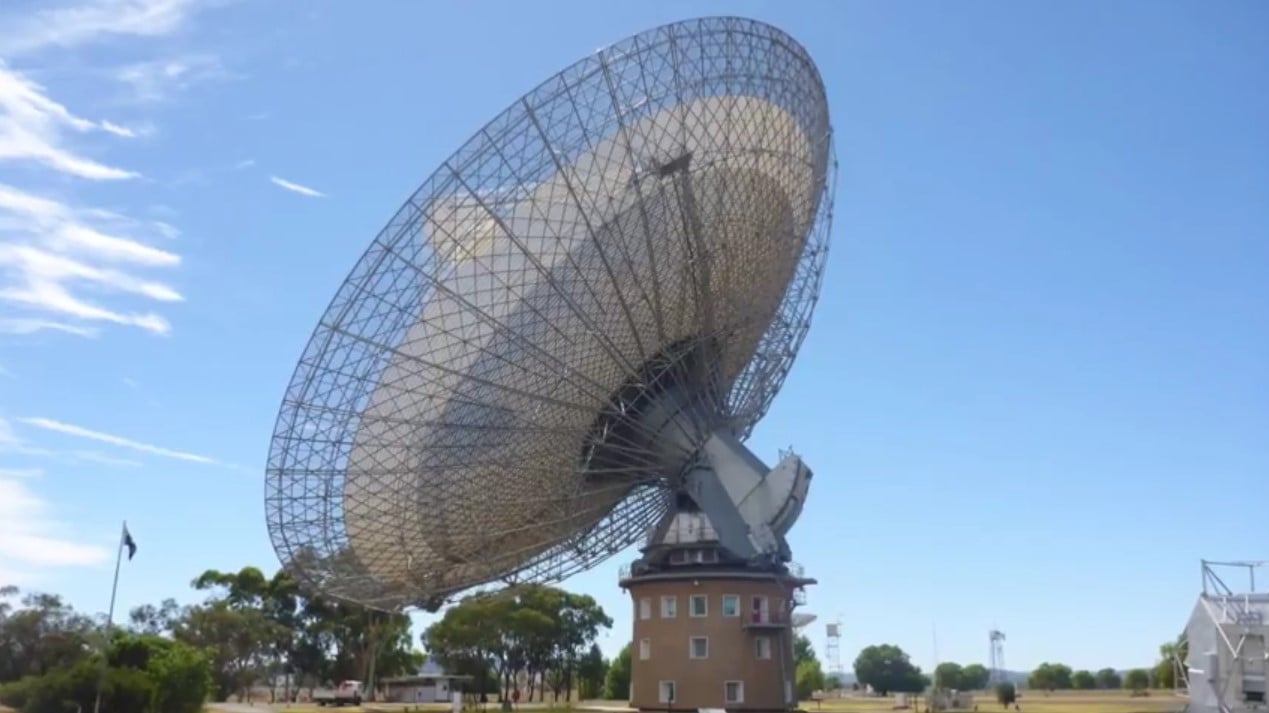Stephen Hawking was convinced that aliens exist, and before his death, he threw his support behind a project backed by Russian billionaire Yuri Milner and Facebook CEO Mark Zuckerberg that hopes to find evidence of aliens. A recent upgrade to an Australian telescope seems to make the possibility of a breakthrough finding aliens much more likely.
Stephen Hawking had previously stated that “the idea that we are alone in the universe seems to me completely implausible and arrogant…considering the number of planets and stars that we know exist, it’s extremely unlikely that we are the only form of evolved life.” Yet despite the supposed high likelihood of aliens being somewhere in the universe, we have yet to find any evidence of their existence at this point.
The Breakthrough Listen initiative supported by Yuri Milner, Mark Zuckerberg, and most recently Stephen Hawking has begun their efforts to survey millions of stars in the Milky Way in a search for signals picked up by extraterrestrial technology. This is a massive undertaking that will likely take quite some time, but a recent upgrade to a famous Australian telescope may make the job significantly easier.
The hardware upgrade comes for the CSIRO telescope known as “The Dish” and equips it with a high-powered receiver that may allow researchers to “eavesdrop” on galactic neighbors with a never-before-seen capability.
The Breakthrough Listen initiative has been using the Australian telescope for the last year-and-a-half in their search for aliens, but at this point, they have only been able to target a small selection of stars within a small distance from Earth.
Considering that our search for aliens hasn’t really turned up anything concrete, it’s likely that we’ll have to extend our reach further into the Milky Way – a task that hasn’t exactly been easy to accomplish but may be considerably more manageable now that “The Dish” has a more capable receiver. Considering that the majority of the Milky Way’s mass lies deep within the galactic plane, it’s now much more likely that our search for aliens will turn up something concrete.
The Breakthrough Initiative has already signed up to use the Australian telescope for 1500 hours in 218, and these new upgrades will allow the scientists to process around 130 gigabits per second of observational data from deep space. Over the course of the year, that could equate to roughly 5 million HD movies worth of data – giving us a real chance to discover alien life somewhere deep into the Milky Way.
In a recent statement, project scientist Danny Price from UC Berkeley said that “With these new capabilities…we are scanning our galaxy in unprecedented detail…by trawling through these huge datasets for signatures of technological civilizations, we hope to uncover evidence that our planet, among the hundreds of billions in our galaxy, is not the only [one] where intelligent life has arisen.”
The Breakthrough Listen project is pretty massive, and is funded by a roughly $133 million investment from multiple donors. “It’s is by far the most comprehensive, intensive and sensitive search ever undertaken for artificial radio and optical signals.” It will reportedly encompass a “complete survey of the 1 million nearest stars, the plane and center of our galaxy, and the 100 nearest galaxies.” potentially giving us evidence that aliens exist.
The data, once collected, will be archived and then open-sourced in order to make analysis easier to manage. Stephen Hawking warned, however, that contact with alien species may not turn out well for humanity – especially if they’re far more advanced than our own species.
“If aliens ever visit us, I think the outcome would be much as when Christopher Columbus first landed in America, which didn’t turn out very well for the Native Americans,” he said.
We will have to wait for a few years until the data is analyzed to get word of any discovery of aliens, but this project is proving more promising than any before – especially considering the backing of an astrophysicist as prominent as Stephen Hawking.
Viral video of UFO (Aliens):





